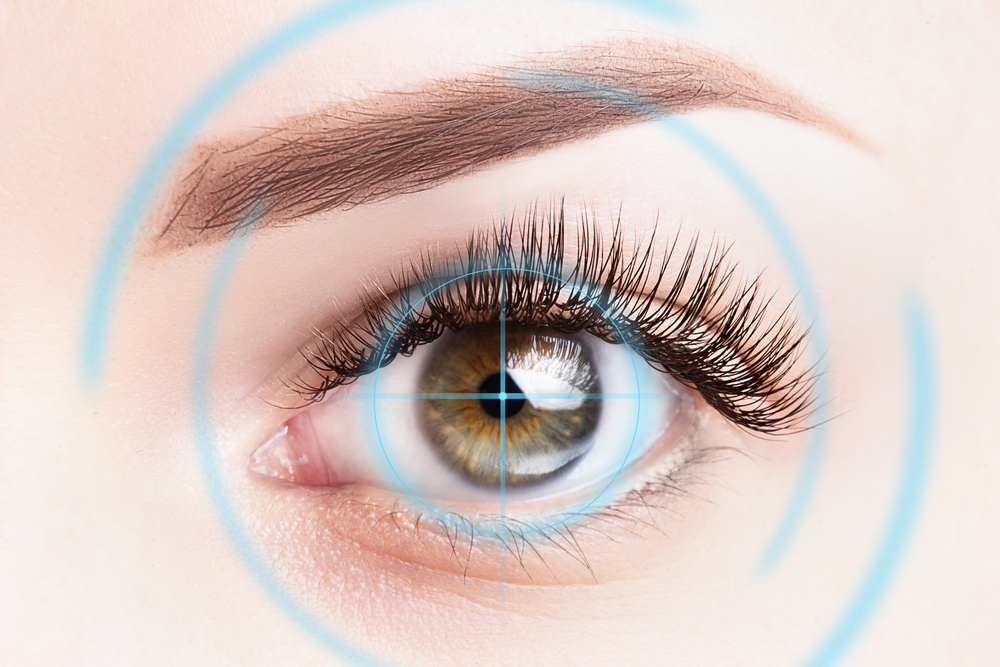
Are you tired of glasses sliding down your nose? If you wear contacts, are the lenses drying out your eyes? If so, then you need a better solution. PRK (Photorefractive Keratectomy) offers a solution to clear vision.
This laser eye surgery, which predates LASIK, continues to be a top choice for those needing vision correction. It effectively addresses nearsightedness, farsightedness, and astigmatism.
How PRK Works Differently
PRK differs from LASIK in how it reshapes the eye. As opposed to creating a corneal flap, your surgeon will remove the thin surface layer of the eye (epithelium). Using an excimer laser, your surgeon will change the shape of the cornea so light focuses on the retina.
To assist the eye to heal, you will receive a “bandage contact lens” over the eye. The epithelium will regrow naturally in a few days.
Who Benefits Most From PRK?
PRK is an excellent choice for people with particular needs:
- Thin corneas — PRK is safer than LASIK for those with naturally thin corneas.
- Dry eyes — PRK carries a lower risk of worsening dry eye symptoms post-surgery.
- Active lifestyles — Athletes or those worried about flap injuries from LASIK benefit from PRK.
- Certain occupations — People in fields like the military, firefighting, or martial arts often choose PRK.
- Irregular corneas — PRK can treat cases where LASIK is not an option due to corneal irregularities.
The Step-by-Step Process
The process begins with pre-op testing. Here, your surgeon will conduct detailed scans on your eyes, to help map your cornea. This allows the surgeon to plan the most precise treatment.
On the procedure day, they will use numbing drops to eliminate pain and discomfort during the surgery. The entire procedure typically takes around 10 minutes per eye.
Next, the epithelium (the surface layer of your cornea) is gently removed using a brush or sponge. The excimer laser then reshapes your cornea to improve how light focuses on the retina.
They will finally apply a bandage contact lens over each eye to protect the eye and facilitate healing.
What Recovery Really Looks Like
Healing from PRK takes patience but follows a fairly predictable path. Within the first three days, blurry vision and mild discomfort are normal. You might want to rest indoors while using your prescribed eye drops to help manage any irritation.
By days four to seven, your vision should gradually improve, and any discomfort will begin to fade. The bandage contact lens is usually removed around day four or five.
Between weeks two and four, your vision will likely improve enough for tasks like driving, though you may still experience some fluctuations. You might also find that screen use becomes easier, but vision changes are normal during this phase.
By month three, your vision will stabilize, and the final results should become more apparent. By month six, healing will be mostly complete, and your vision should be stable.
For more on PRK, visit Coastal Vision Medical Group. Our offices are in Chino, Irvine, Long Beach, Orange, and Newport Beach, California. You can call (888) 501-4496 today to book an appointment.
https://www.ncbi.nlm.nih.gov/books/NBK549887/
https://www.aao.org/eyenet/article/prk-feeling-better-healing-faster






